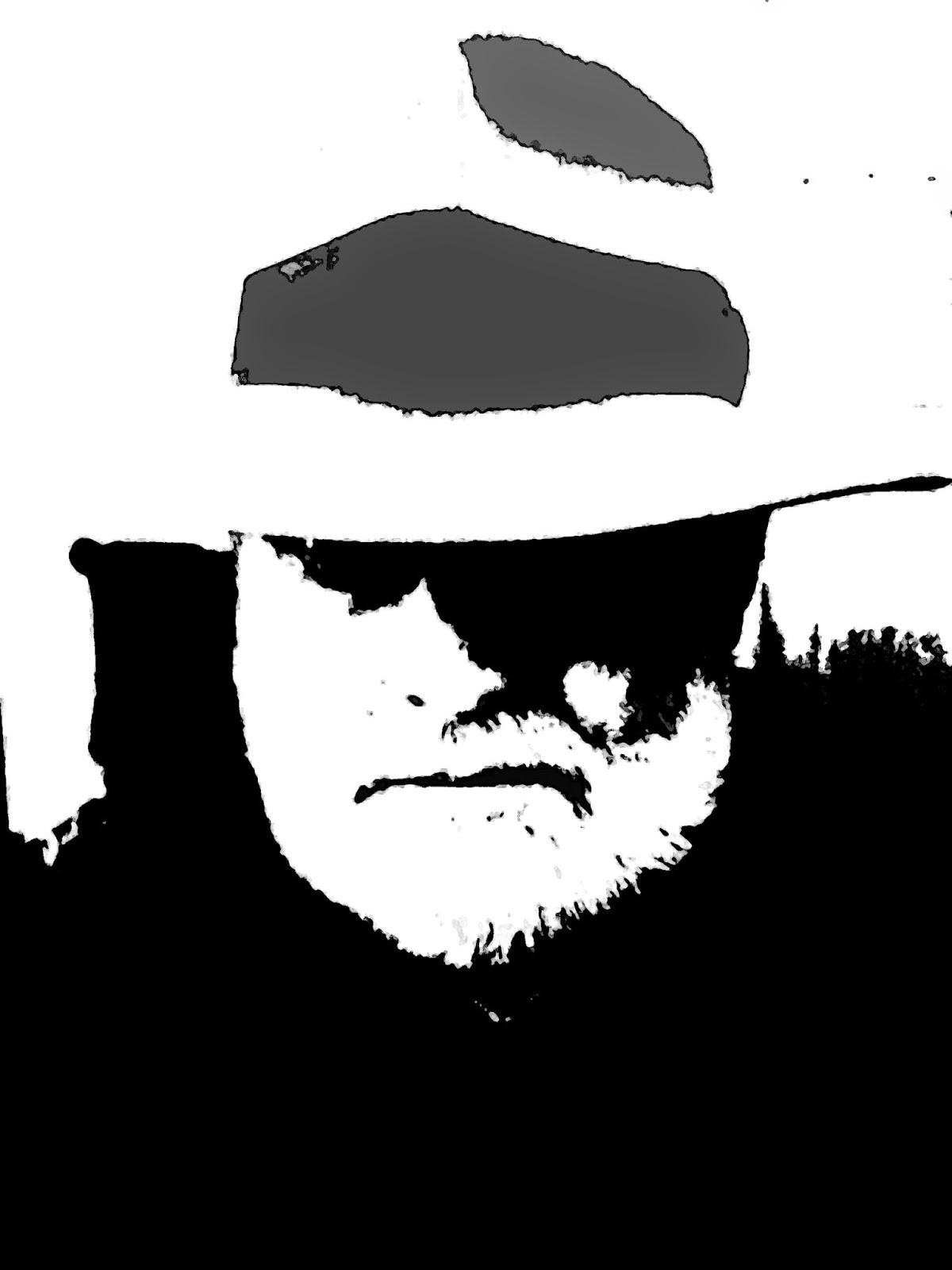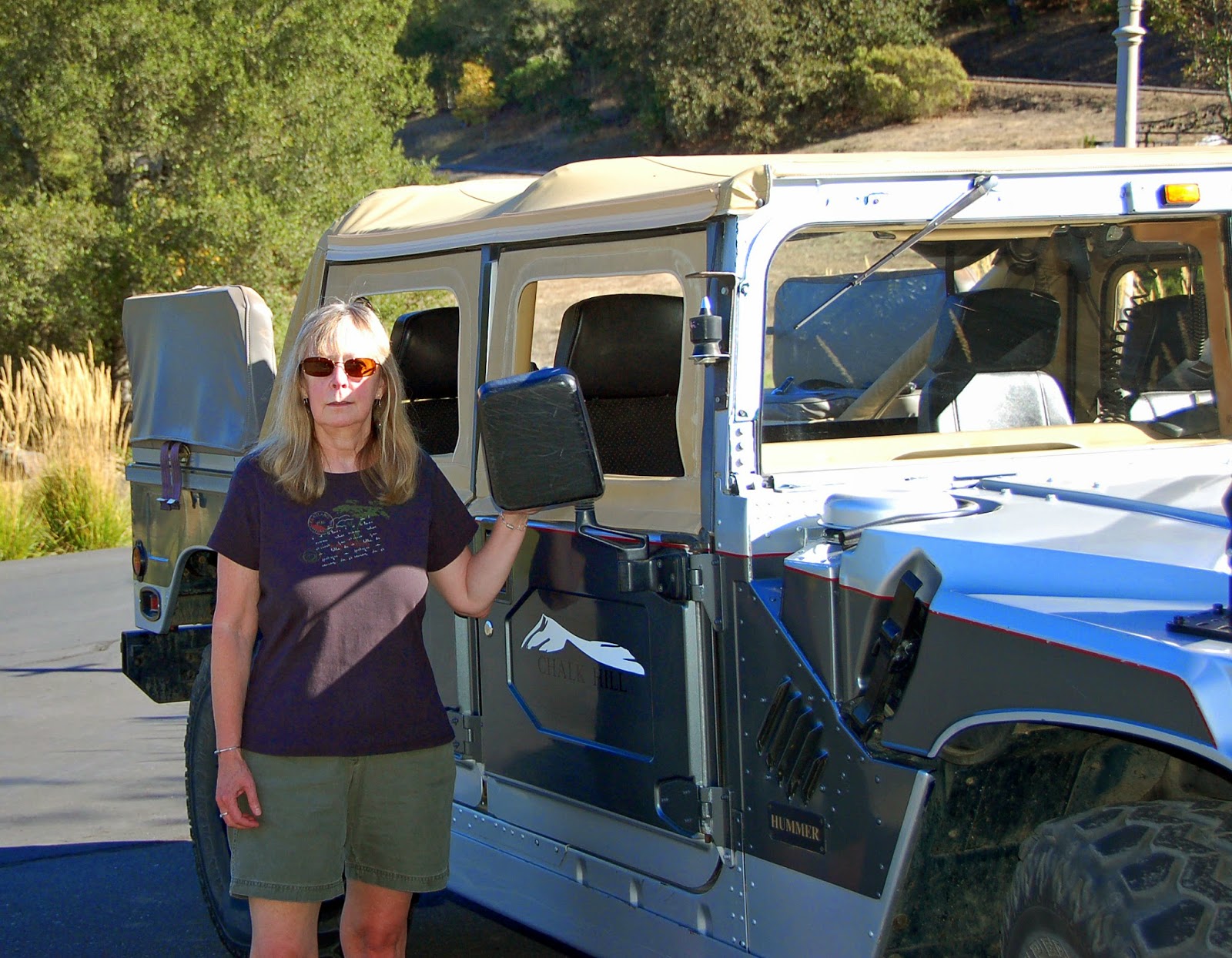 |
| NANOWRIMO First Draft CHAPTER 1 |
FORT SMITH
In 1875, the Butterfield Overland
Mail Coach took twenty-five days to carry mail from St. Louis to San Francisco.
The two thousand eight hundred and twelve mile journey spanned six states and
the Indian Territory. The stage stopped
at over one hundred and eighty stations to water and change horses or mules. In
each town, the stage might pick up and dropped off passengers and mail. At the stations,
passengers were fed something that passed as coffee and plates of beans and
surplus bacon purchased from the army. Travelers going any distance learned to
carry their own food and refreshments.
The stage from Tipton arrived at the Division Center in Fort
Smith late Thursday afternoon on September 2nd. The Division Center consisted of a central
house for the Superintendent, the Agent Station for passenger, stables, and
corals. The Center was on the out skirts of town on Rogers Street just east of the
intersection with Garrison street. From
the Center, you could see the Immaculate Conception Church which marked the
eastern end of Garrison Avenue.
Rather than stop at the Station House, which was normal, two
grooms came out of the stable, and led the horses to the Superintendents House.
The driver, Kelly Averez, who locals called Whip Kelly and the Conductor, Amos
Davies, carried the strongbox and bags of mail into the superintendent’s office
as Neils Johnston, the shotgun stood at the ready. Kelly and Neils were proud
of the fact they had never been robbed and they weren’t going to drop their
guard in a town once as lawless as Fort Smith. While the money and mail were
being transferred, the grooms took charge of the four horses.
Kenneth Waters the Division Superintendent, came out of his
office and watched as the Assistant Station Agent helped the five passengers,
three men and two ladies out of the Concord coach. Waters was a man in his fifties. He wore a
three-piece wool suit with the pant legs tucked into tall brown leather boots.
While he watched, a third groom began removing the luggage and bags from the
boot.
A fourth passenger, a hanger-on who paid half the fare to ride
on top of the wagon with the whip and
shotgun sat on the box and waited for the
ladies to leave the coach. Behind him lay a Winchester rifle, saddlebags, and a
carpetbag valise. He’d sold his saddle for a ticket to El Paso. The man was
dressed in buckskin pants and handmade red shirt. He was blue eyed, fair haired, tall, and
broad in the shoulders and wore a wide brimmed, sweat stained white Calvary
hat, issued to him before his discharge in Fort Leavenworth.
“Lady and gentlemen,” Superintendent Waters announced. “I am
sorry to inform you, due to the unprecedented events scheduled to occur
tomorrow, the stage for El Paso has been delayed until after noon. A cart from
the Grand Hotel will take those passengers wanting a bath and a room for the
night. Naturally, there are other
accommodations available, if the hotel does not meet your needs.”
The superintendent eyed the tall man on top of the coach.
“Those looking for a drink might try the Golden Wheel or the Nugget on Rogers
Street. The stage will leave here exactly at three p.m. The next coach is in
three days. If I can be of any service,
while you are here in Fort Smith, please call on me, my name is Waters, Kenneth
Waters.”
The man on top, climbed down and stood close to Waters. Both
men eyed one another. Even in a suit, it was clear the older man was no one to
cross. He was tall, straight, and hard. He was a man used to being obeyed.
“Why is the stage delayed?” asked the passenger. His words
were direct and carried no sign of challenge.
“Who are you?”
“Nathan Hilton. My brothers called me Jay. I have a ticket
to El Paso. I didn’t hear why the coach is delayed.”
Waters looked carefully at the man. His face and neck were sunburned.
Waters could smell the sweat on the man’s hand made shirt. A broad leather belt
held up the man’s buckskin pants. Stuffed in the front of his belt was an Army
Colt. The man was dangerous, but not a killer. His look was honest and direct. “The hangings, of course. The coach for El Paso is booked
full, but people want to stay and see the hangings.”
“Who’s being hung?”
“We have a new Federal Judge, Judge Parker. He’s hanging six
men at the same time tomorrow morning. One of them is Daniel Evans.”
“What’d he do?”
“Stole another man’s boots.”
The Superintendent took a moment to wipe one of his boots on the back of
his pants. The back of his pant legs were covered in dried mud.
“Pretty rough sentence for stealing clothes,” said Nathan.
“Well, he shot this boy, William Riley Seaboalt, Jr. in the back of his head and stole his horse,
saddle, and traveling money. But, it were the boots that convicted him. I was
there.”
Waters look around the platform and spit tobacco on to the
street. “The first trial ended when the jury couldn’t bring in a verdict. They
said they couldn’t decide, so a mistrial declared and a second trial scheduled
for May. That was when Judge Parker arrived. Word was Parker was going to clean
up Fort Smith. I went to the second trail to see if the rumors were true.”
Waters scratched his chin and opened the bottom button on his vest. He enjoyed
telling this story.
“What happened on the second trail?”
“Evans claimed he rode with the boy, but left him alive and
well. That was when the boy’s pa got up to testify. He said Evan’s was a liar
and murder. He pointed at Evan’s boots and said they were the very boots he
bought his son, at which point he lifted his pants to show he was wearing the
same fancy boots. He reported that he had bought a pair at the same time for
his son. What decided the jury was when the father explained after buying the
boots a heel had come off and he had repaired the heel using three nails, three
horseshoe nails. Sure enough, when Evans was asked to remove his boots the left
boot heel had three nails. The jury brought in a guilty verdict and tomorrow
Daniel Evans will meet his maker.”
“Reason enough to see him hang, I guess. What about the
others?” asked Nathan.
“Murders and horse thieves. And, there are more waiting in
jail. This new judge of ours is determined
to tame the town and bring law to the Indian Nation. In three months he has
tried one hundred and eighty seven men and convicted twenty to be hung.”
“Is he hiring deputies?”
“It’s possible. But, as I understand it, right now he has
over two hundred Marshalls and deputies working for him. The deputies mostly
guard the men already in jail. The Marshalls go out and bring in the killers
and criminals. They are men who are experienced at tracking, and good with a
gun. Would you be such a man?”
“I grew up on a farm in Michigan. I served with the Michigan
Fifth in the Calvary in the war. I know
my way around horses and I have my own pistols.” Hilton put his hand on the
handle of the Army Colt.
“What was your rank?”
“I enlisted in Detroit in 1862. By the time we reached
Washington, I was a Corporal. After the fighting at Gettysburg, Custer made me
a Sergeant. When the Army released me in Kansas, I was a Staff Sergeant.”
“I read where Custer is going up into the Dakota’s to kill
Indians. Why aren’t you with him?”
“I had my fill of killing at Gettysburg, Morton's Ford, and
Cold Harbor. The commander of the Michigan Fifth was a man named Alger. Alger
was a true leader. A man who cared about his men. Captain Hastings was
in charge of my company, Company M. I never met a braver man than Hastings, but
at Gettysburg, Custer made us get off our horses and fight on foot while he led
the fight from his horse. I can still see him waving his hat and yelling ‘come
on Wolverines.’ He was brave, maybe braver than Hastings, but he was reckless
too. Besides, I ain’t got nothing against the Indians. All the ones I’ve seen
have been drunks.”
“Son, the Indians out here ain’t no drunk Kickapoos. They
are Apache, Comanche, Kiowa, and Sioux.
They are hunters. The world’s greatest horsemen. The Indian Territories
and beyond, that is their land and we took it from them. We stole their land,
and now every week I have to replace horses stolen by the Apaches. Sometimes I have to replace men too, killed
by a Comanche wanting what is his. What we have done ain’t fair, but neither is
stealing my horses and killing my passengers.” Waters spit another piece of his
tobacco.
“If you was a Sergeant, that means you know how to give
orders and take orders. Ever rode Shotgun?”
“On a coach, like Neils?”
“Sure. The Overland
Company is always looking for men like you. Especially now on the route from El
Paso to Tucson and Fort Yuma. Can you read?”
“Does the job require a man to read and write? Because, I can,
though I am a bit out of practice.” He paused to consider saying more. “From the
sounds of it, the job is more dangerous than being in the army.”
“It can be, but it pays better too. Right now, I need a man
who is good with a gun who is willing to sit on top and ride shotgun. Most of
the time it is just bumpy and dusty, but every once in a while, some Indian
needs a horse, or some cowboy needs money and they attack the coach. That’s
where the shotgun come in. He has to be a one man army.”
“What does it pay?”
“The company will provide you with a shotgun and buckshot, a
room when the coach stays overnight in a town, along with grub at each station.
All that and three dollars a day worked plus two cents for every mile without
an incident. A driver makes more, so if you learn to drive a team, there a
better job available.”
“What is that a month?”
“The stage to Fort Yuma takes twelve days and covers about
thirteen hundred miles. In a month, you can go there and back and still have five
days off. Your pay would be roughly one hundred dollars a month.”
“When can I start?”
“Well, there are two stages to El Paso in a week. Neils is
scheduled to go to El Paso tomorrow and I have Hawk McKinsey riding shotgun on
Monday. Where we need a man is between El Paso and Fort Yuma. That’s fewer
miles a month, but still it would pay eighty dollars a month. Suppose I cash in
your ticket to El Paso and let you ride on top for free. You can be our second
shotgun between here and there. If Kelly likes what he sees, I’ll pay you
regular wages for the trip. If you don’t work out, you get a free ride, and
have the money for a ticket to California. Is it a deal.” The superintendent
held out his hand.
“I have a new repeating rifle, and new Colt pistol, but I
need cartridges. If you will buy me a box of cartridges, we have a deal.”
“Nathan, my name is Kenneth Waters. How about if the Company
finds you a meal and a place to stay for the night. In the morning, after the
hanging, we can meet at the Company store and get you supplied.”
“Sounds good to me, as long as that meal includes a steak
and a whiskey.”
“I’ll make it two whiskeys; one for you and one for me.”
The two men shook hands.



























